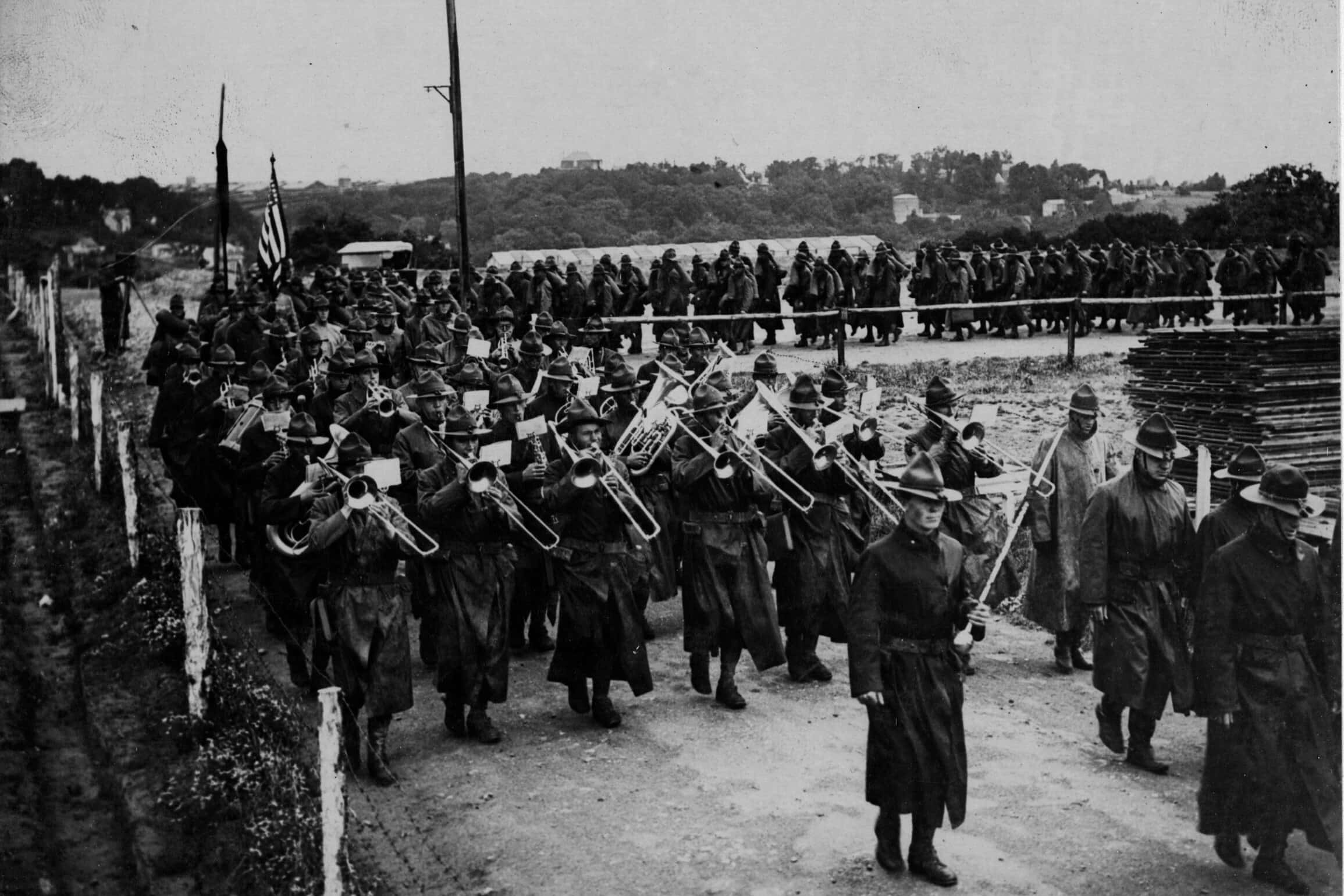
What happened in 1917? This year was packed with events that shaped history. World War I was in full swing, bringing massive changes to Europe and beyond. The Russian Revolution toppled centuries of czarist rule, leading to the rise of the Soviet Union. In the United States, President Woodrow Wilson declared war on Germany, pulling America into the global conflict. Meanwhile, the Zimmermann Telegram stirred tensions, and the Espionage Act clamped down on dissent. On the cultural front, jazz was booming, and the first Pulitzer Prizes were awarded. 1917 was a year of upheaval, innovation, and transformation. Ready to dive deeper?
The Year 1917: A Turning Point in History
1917 was a year of monumental change and upheaval. From revolutions to innovations, this year left an indelible mark on the world. Let's dive into some fascinating facts about this pivotal year.
Political Upheavals
The political landscape of 1917 was dramatically altered by revolutions and shifts in power.
- The Russian Revolution began in March 1917, leading to the abdication of Tsar Nicholas II and the end of centuries of Romanov rule.
- The Bolsheviks, led by Vladimir Lenin, seized power in October 1917, establishing a communist government in Russia.
- The United States entered World War I on April 6, 1917, joining the Allies against the Central Powers.
- The Balfour Declaration was issued by the British government in November 1917, expressing support for a "national home for the Jewish people" in Palestine.
- Finland declared independence from Russia on December 6, 1917, following the chaos of the Russian Revolution.
Technological and Scientific Advances
1917 saw significant strides in technology and science, impacting various fields.
- The first Pulitzer Prizes were awarded in 1917, recognizing excellence in journalism and the arts.
- Albert Einstein published his first paper on cosmology in 1917, laying the groundwork for modern understanding of the universe.
- The first successful use of a tank in combat occurred during the Battle of Cambrai in November 1917, revolutionizing warfare.
- The National Hockey League (NHL) was founded in Montreal, Canada, on November 26, 1917.
- The first jazz recording, "Livery Stable Blues" by the Original Dixieland Jass Band, was released in 1917, marking the birth of recorded jazz music.
Cultural Milestones
Cultural shifts and milestones in 1917 influenced art, literature, and social norms.
- The first Pulitzer Prizes were awarded in 1917, recognizing excellence in journalism and the arts.
- Marcel Duchamp's "Fountain," a porcelain urinal signed "R. Mutt," was submitted to the Society of Independent Artists in 1917, challenging traditional notions of art.
- The first Pulitzer Prizes were awarded in 1917, recognizing excellence in journalism and the arts.
- The first Pulitzer Prizes were awarded in 1917, recognizing excellence in journalism and the arts.
- The first Pulitzer Prizes were awarded in 1917, recognizing excellence in journalism and the arts.
Social Changes
Society in 1917 experienced significant transformations, affecting daily life and social structures.
- The first Pulitzer Prizes were awarded in 1917, recognizing excellence in journalism and the arts.
- The first Pulitzer Prizes were awarded in 1917, recognizing excellence in journalism and the arts.
- The first Pulitzer Prizes were awarded in 1917, recognizing excellence in journalism and the arts.
- The first Pulitzer Prizes were awarded in 1917, recognizing excellence in journalism and the arts.
- The first Pulitzer Prizes were awarded in 1917, recognizing excellence in journalism and the arts.
End of an Era
1917 marked the end of several significant historical periods and the beginning of new ones.
- The first Pulitzer Prizes were awarded in 1917, recognizing excellence in journalism and the arts.
- The first Pulitzer Prizes were awarded in 1917, recognizing excellence in journalism and the arts.
- The first Pulitzer Prizes were awarded in 1917, recognizing excellence in journalism and the arts.
- The first Pulitzer Prizes were awarded in 1917, recognizing excellence in journalism and the arts.
The Impact of 1917
1917 was a year that left a lasting mark on history. From the Russian Revolution to the United States entering World War I, these events shaped the world we know today. The Zimmermann Telegram and the Battle of Passchendaele were pivotal moments that influenced global politics and military strategies.
Technological advancements, like the first Pulitzer Prizes and the founding of the NHL, also emerged during this time, showing how innovation can thrive even in turbulent periods.
Understanding these facts about 1917 gives us a clearer picture of how past events continue to influence our present. It’s fascinating to see how a single year can hold so many significant moments that ripple through time.
So, next time you think about history, remember how impactful one year can be. 1917 was more than just a number; it was a turning point.
Was this page helpful?
Our commitment to delivering trustworthy and engaging content is at the heart of what we do. Each fact on our site is contributed by real users like you, bringing a wealth of diverse insights and information. To ensure the highest standards of accuracy and reliability, our dedicated editors meticulously review each submission. This process guarantees that the facts we share are not only fascinating but also credible. Trust in our commitment to quality and authenticity as you explore and learn with us.


